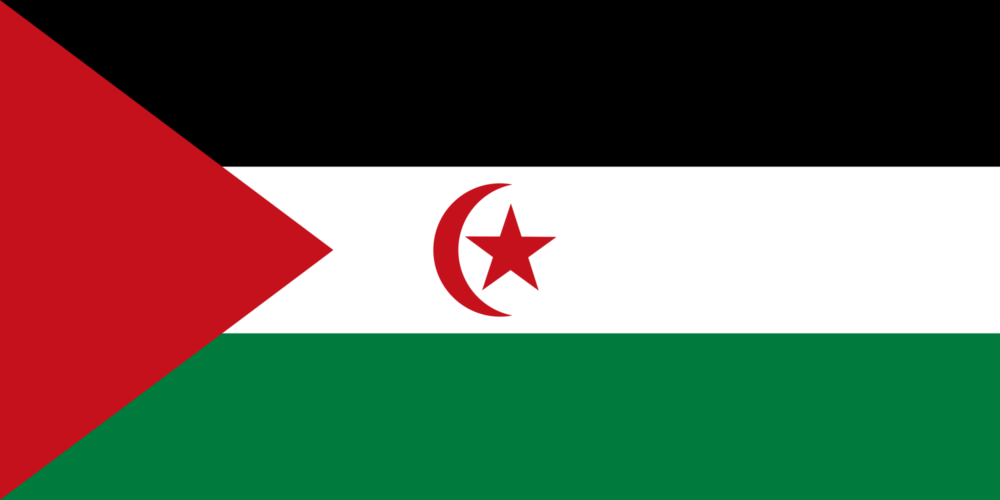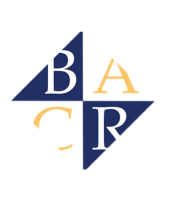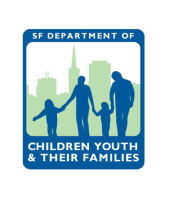2020 marks the Central African nation of Equatorial Guinea’s 52nd year of independence from Francoist Spain. This Central African nation is the sole sub-Saharan African nation and one of two African nations with Spanish as an official language. Want to know the name of the other Spanish-speaking African nation and which the year 2020 marks for them? Forty-four years ago, the Polisario Front (the Sahrawi indigenous liberation movement) established its government-in-exile, known as the Sahrawi Arab Democratic Republic. This occurred after Spain, abandoned its legal obligation to grant the Sahrawi people their right to self-determination, in defiance of the International Court of Justice’s ruling in partitioning the territory between the Kingdom of Morocco and the Islamic Republic of Mauritania in the 1975 Madrid Accords.
Though Mauritania would renounce its’ claims in 1979, the Sahrawi people continue to remain exiled under the protection of their Eastern neighbor and sole Arab ally, Algeria, after having fled the brutal, military invasion known as The Green March in 1975. Those who remained behind as indigenous civilians live under one of the most repressive, colonial regimes within the Kingdom of Morocco, who’ve maintained their brutal, military occupation under the governance of an indigenous collaborator, appointed by the King. Now entering its fourth decade, the occupation continues to enjoy protection from any significant opposition, even from supposed human rights champion, France.
The supposed negotiations between the Kingdom of Morocco and the Polisario Front were supposed to result in a referendum six months after the ceasefire that ended the 16 year Western Saharan War in 1991, but continue to this day. Given that this reflects poorly on the United Nations, the UN has appointed envoys to facilitate a supposed peace process that looks almost as if they are addressing the situation. Don’t be fooled; in reality, this is yet another example of how the United Nations and powerful countries rarely lift a finger to intervene.
In addition to the United Nations, the neo-colonial loyalty that the African Union has towards its’ foreign funders is evident in their lack of any action to impose a cost upon Morocco for violating the AU Charter. Though their actions are bluntly colonial, Addis Ababa neglects to hold them accountable, paying lip service to a peace process that hasn’t accomplished anything for decades. To further prove that point, Western-backed African puppet regimes and client states rewarded Morocco with membership as the 55th state in the African Union in 2017.
The avoidance of the issue extends well past the African countries. Spain continues to elect both right-wing and left-wing governments that participate in the poaching of Sahrawi resources, providing of military aid that goes towards maintaining that repressive police state and toward protecting the Bourbon Royal Family, commonly known as the monarchs of Spain who’ve been friends with the Alaouite Royal Family in Morocco.
As the international community turns its back on the people of Western Sahara, it falls within our moral obligations as citizens of the United States to continue to apply pressure on the countries and organizations that are aiding the Moroccan occupation. There are a few examples of alternative media that are providing perspectives on the ground, including Equipe Media, Nushatta Foundation, and Western Sahara Resource Watch. I suggest you also watch the documentaries Professor Stephen Zunes’ presentation to Kennesaw State University, Democracy Now’s documentary ‘Four Days in Western Sahara, Africa’s Last Colony’ and VICE’s documentary ‘The Sahara’s Forgotten War’. While watching these documentaries, I’ve learned about the territory’s history before colonization, their attempts to decolonize, as well as the continued atrocities that exist under Moroccan rule.
As the granddaughter of an immigrant from the former Portuguese colony of Mozambique and of two immigrants from the former Japanese colony of Korea, I am truly surprised that the most powerful governments in the world cannot advance policies that would spare the Sahrawis from having to take up arms to fight for the rights that international law recognizes as theirs.
This lack of genuine action has allowed Rabat to convince Moroccans that the resource-rich territory that they’ve illegally occupied for the past 45 years is justified and even known as the Moroccan Sahara. This exploitive revision of history claims that the refugees that were forced into exile in Algeria are hostages and that the Polisario Front are separatists, and that anyone who diverts from this state-backed narrative is an Algerian agent.
Any person who has read a history book and reads of this occupation will recognize that the Kingdom of Morocco (like the Republic of Indonesia and the Timorese colony it illegally occupied for 24 years) is not going to just simply hand over the territory and allow the Sahrawi people their right to self-determination through negotiations without any significant pressure from the international bodies.
Negotiations will never force an authoritarian King to give up his grip over a territory with resources that have enriched him. The only effective solution is for the United Nations, African Union, and Morocco’s powerful backers to impose economic sanctions upon the occupier. This will put the country in a desperate position that’ll force the King to seriously participate in negotiations, not with the Polisario Front, but with the government of Spain, the country that is internationally-recognized as Western Sahara’s administrator. This is our only legitimate hope of seeing a withdrawal of Moroccan forces from the territory and allow Sahrawis to re-enter the territory. Of course, this would require a United Nations referendum to recognize the Sahrawi Arab Democratic Republic.
Given that Israel has been advocating for the US to recognize its illegal annexation, I am unable to fathom why the SADR’s allies such as Algeria, South Africa, and Cuba do not proceed with stronger measures that would involve the economic, political, and diplomatic isolation of Morocco, to also reinforce their opposition to its’ occupation of Western Sahara, an injustice that the international community has turned a blind eye to for far too long.





